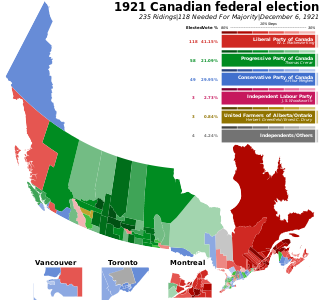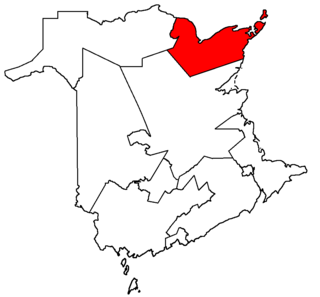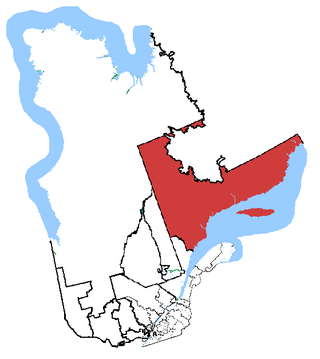Related Research Articles
The Green Party of Canada is a federal political party in Canada, founded in 1983 with a focus on green politics.
The Progressive Party of Canada, formally the National Progressive Party, was a federal-level political party in Canada in the 1920s until 1930. It was linked with the provincial United Farmers parties in several provinces, and it spawned the Progressive Party of Saskatchewan, and the Progressive Party of Manitoba, which formed the government of that province. The Progressive Party was part of the farmers' political movement that included federal and provincial Progressive and United Farmers' parties.

The 1921 Canadian federal election was held on December 6, 1921, to elect members of the House of Commons of Canada of the 14th Parliament of Canada. The Union government that had governed Canada through the First World War was defeated, and replaced by a Liberal government under the young leader William Lyon Mackenzie King. A new third party, the Progressive Party, won the second most seats in the election.

The 1972 Canadian federal election was held on October 30, 1972, to elect members of the House of Commons of Canada of the 29th Parliament of Canada. It resulted in a slim victory for the governing Liberal Party led by Prime Minister Pierre Trudeau, which won 109 seats, compared to 107 seats for the opposition Progressive Conservatives led by Robert Stanfield. Trudeau's Liberals experienced a decline in support as a result of rising unemployment.
The Bloc populaire canadien, often shortened to the Bloc populaire or the Bloc, was a political party in the Canadian province of Quebec from 1942 to 1947. It was founded on September 8, 1942 by opponents of conscription during the Second World War. The party ran candidates at both federal and provincial levels. In the 1945 federal election, the party made a minor breakthrough by winning two seats in the House of Commons.
There have been various groups in Canada that have nominated candidates under the label Labour Party or Independent Labour Party, or other variations from the 1870s until the 1960s. These were usually local or provincial groups using the Labour Party or Independent Labour Party name, backed by local labour councils made up of many union locals in a particular city, or individual trade unions. There was an attempt to create a national Canadian Labour Party in the late 1910s and in the 1920s, but these were only partly successful.
Historically in Quebec, Canada, there were a number of political parties that were part of the Canadian social credit movement. There were various parties at different times with different names at the provincial level, all broadly following the social credit philosophy; at various times they had varying degrees of affiliation with the Social Credit Party of Canada at the federal level.

John C. Turmel is a perennial candidate for election in Canada, and according to the Guinness World Records holds the records for the most elections contested and for the most elections lost, having contested 112 elections and lost 111. The other contest was a by-election that was pre-empted by a general election call.

Acadie—Bathurst is a federal electoral district in New Brunswick, Canada, that has been represented in the House of Commons of Canada since 1867.

Kings—Hants is a federal electoral district in Nova Scotia, Canada, that has been represented in the House of Commons of Canada since 1968.

The 1900 Canadian federal election was held on November 7, 1900 to elect members of the House of Commons of Canada of the 9th Parliament of Canada. As a result of the election, the Liberal Party, led by Prime Minister Wilfrid Laurier, was re-elected to a second majority government, defeating the Conservative Party and Liberal-Conservatives led by Charles Tupper.

Joliette is a federal electoral district in Quebec, Canada, that has been represented in the House of Commons of Canada from 1867 to 1935 and since 1968.

Manicouagan is a federal riding in Quebec, Canada, that has been represented in the House of Commons since 1968. Since the 2015 federal election, its Member of Parliament (MP) has been Marilène Gill of the Bloc Québécois (BQ).

Trois-Rivières is an electoral district in Quebec, Canada that has been represented in the House of Commons of Canada from 1867 to 1892 and from 1935 to the present.

Québec is a federal electoral district that has been represented in the House of Commons of Canada since 1968. It is located in Quebec City in the province of Quebec, Canada.
An independent, non-partisan politician, or non-affiliated politician is a politician not affiliated with any political party or bureaucratic association. There are numerous reasons why someone may stand for office as an independent.
Independent Liberal is a description which candidates and politicians have used to describe themselves, designating them as liberals, yet independent of the official Liberal Party of their country. To avoid confusion with the Liberal Party of Canada, the Liberal Party of the United Kingdom, and the New Zealand Liberal Party, the description can no longer be used for election purposes, but is still available in Australia.
Independent Conservative is a description which has been used in the United Kingdom, Canada, United States and elsewhere, to denote a political conservative who lacks a formal affiliation to the party of that name.
Damien C. Kurek is a Canadian politician and farmer who was elected to represent the riding of Battle River—Crowfoot in the House of Commons of Canada in the 2019 Canadian federal election. He was re-elected in the 2021 election.